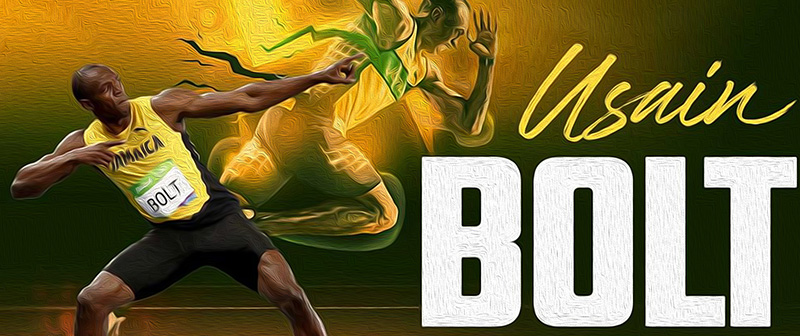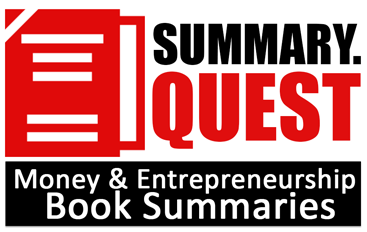Ever felt that surge of confidence? Feels great, right? But here’s the thing: too much confidence can lead us astray. Don Moore‘s “Perfectly Confident” breaks it down. Turns out, we often overestimate ourselves. Moore’s book shows us how to find that sweet spot of confidence – where we’re not too cocky or too timid. Let’s dive in and discover how to strike that perfect balance for success in everything we do.
Key Idea No. 1: The Confidence Conundrum

Confidence is a powerful force that drives success in life. It’s like the fuel that keeps your engine running smoothly on the road to success. Without it, you might find yourself stuck in neutral, unable to move forward. But too much of it can lead to reckless decisions and setbacks. Finding the right balance between confidence and humility is key to overcoming challenges.
Let’s look at the 2008 financial crisis as an example. People were so sure about the value of subprime mortgages that they missed the impending disaster. When the truth hit, it caused a global economic crisis. This shows the dangers of unchecked confidence.
Similarly, the concept of under-confidence is equally significant. Many individuals underestimate their abilities, holding themselves back from reaching their full potential. This lack of confidence not only affects personal growth but also limits opportunities for societal progress.
So, what’s the solution? It’s all about finding the right balance. Yes, confidence is essential, but it must be tempered with humility and a readiness to put in the work. Instead of relying solely on confidence, focus on honing your skills, staying grounded, and being open to learning from both successes and failures.

Sure, confidence can give you that initial push to start your journey, whether it’s training for a marathon or going after your dream job. But what you do after that initial push is what really matters. Success is about putting in the effort, staying humble, and being open to learning.
So, next time you face a challenge, remember: confidence is important, but it’s only part of the equation. Stay grounded, stay focused, and above all, stay humble. That’s the true secret to success.
Key Idea No. 2: How to Overcome Under-confidence
Under-confidence often arises when we only focus on our own limitations without considering the struggles others may be facing. It’s like looking at a finished painting and thinking we could never create something so beautiful, without realizing the hours of practice and mistakes that went into it.

This can lead to all sorts of problems. Take your own body, for instance. You might notice every little flaw, but everyone has imperfections. It’s just that you can’t see theirs, so you feel like you’re the only one with flaws.
So, what can we do about it? Well, for starters, we need to stop comparing ourselves to others. Instead of feeling inadequate because we don’t see others struggling, we should recognize that everyone faces challenges, even if they’re not visible.
Next time you start to doubt yourself, remember that you’re not alone. We all have moments of insecurity, but it’s how we deal with them that matters. Instead of letting under-confidence hold you back, use it as motivation to keep pushing forward.
Focus on your own journey and celebrate your progress, no matter how small. And remember, the only person you should be comparing yourself to is the person you were yesterday. So, keep striving to be the best version of yourself, and don’t let under-confidence stand in your way.
Key Idea No. 3: How to Make Better Decisions
In our daily lives, we encounter countless decisions, from choosing what to eat for breakfast to making important business decisions. However, the future is inherently uncertain, making it challenging to predict outcomes accurately. Fortunately, there are strategies we can employ to navigate this uncertainty and make more informed decisions.
- Embrace Uncertainty: Instead of trying to predict a single outcome, acknowledge that there are multiple possibilities and prepare for different scenarios. By doing so, you can avoid being blindsided by unexpected events and have contingency plans in place.
- Use Expected Value: This technique involves assigning probabilities to different outcomes and averaging them to get a more realistic estimate. Whether it’s planning a project or budgeting for expenses, expected value can help you make more informed decisions.
- Consider All Options: When faced with a choice, don’t just focus on whether to make a decision or not. Think about all the available options and weigh their pros and cons. Taking a broader perspective can help you make more balanced and thoughtful decisions.
By embracing uncertainty, using expected value, and considering all options, you can enhance your ability to forecast and make decisions with confidence. Whether you’re facing a minor dilemma or a major life choice, these strategies can empower you to navigate uncertainty and take decisive action towards your goals.
Key Idea No. 4: Cultivate Genuine Confidence
Confidence is a trait admired by many, but it’s important to understand that true confidence goes hand in hand with genuine skills and knowledge. Trying to fake it without substance won’t get you far. You’ve probably seen someone who talks a big game but falls short when it matters. They’re like those knockoff bags that seem great at first glance but fall apart under scrutiny.
True confidence comes from knowing your stuff. Take Usain Bolt, for example. He doesn’t just act confident; he knows he’s fast. It’s the same with anything else. If you want to be truly confident, you have to be honest about what you know and what you don’t.

So, to cultivate genuine confidence, start by being honest with yourself and others. Don’t try to bluff your way through situations where you lack expertise. Instead, acknowledge what you don’t know and focus on building your skills and knowledge. Remember, it’s okay to admit uncertainty – it’s a sign of humility and authenticity.

Another key to real confidence is being open to feedback and different viewpoints. Surround yourself with people who challenge you and help you grow. This way, you’ll become more confident in your abilities and more open-minded as a person.
Confidence is not just a facade; it’s built on a foundation of competence and understanding. “Perfectly Confident” by Don A. Moore delves into the intricacies of genuine confidence, showing that it’s not about pretending but about honing skills and knowledge. Through its insightful exploration, this book offers invaluable guidance for those seeking to cultivate authentic confidence.

Leave a Reply